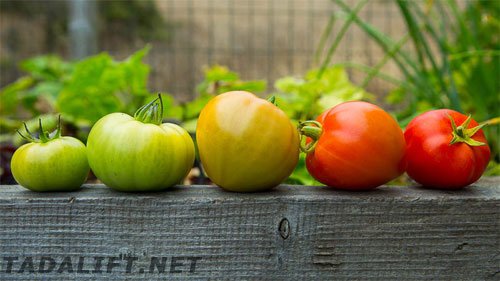In foods you eat daily, there are not only beneficial substances present, but also elements that are little known and harmful to health: find out what they are and how to protect yourself
Anti-nutrients are some substances are naturally present in foods that interfere with the absorption of other very important nutrients by our body. If we know them, we can avoid them or reduce their negative impact on our body, especially on the stomach and intestines. Here are some examples of widespread anti-nutritional factors: for each we will indicate the main “countermeasures”.
Oxalates and phytates: you find them in cereals, their derivatives and legumes
They are the salts of oxalic acid and phytic acid. According to this study, they reduce the absorption of certain minerals such as calcium, iron and magnesium. Furthermore, when oxalic acid binds with calcium it forms calcium oxalate which tends to accumulate in the urinary tract contributing to the formation of stones.
An adequate soak is enough to degrade the anti-nutritional factors favoring the bioavailability of the minerals present in the food.
Alkaloids: they are present in potatoes and raw aubergines, in green tomatoes
They are basic substances, with a bitter and very toxic taste, the best known is solanine: at moderate concentrations they do not give serious problems, but they can cause irritation of the gastric moss. Cooking eliminates the problem.

Lectins: found in cereals and legumes
They are proteins that work by reducing the absorption of many essential nutrients, thus causing damage to the digestive system. The most famous vegetable lectins are: the concanavaline A of the bean; the wheat germ agglutinin; peanut lectin; the phytohemagglutinin of the red bean.
They are inactivated by heat: therefore legumes, to be taken as a source of nutrients, must always be well cooked.
Goitrogen compounds: they contain cabbage, broccoli, cauliflower, sweet potatoes, etc
They carry out an antirid action as they interfere with the metabolism of iodine, which can cause hypothyroidism and goiter. Just follow a varied diet and you will avoid thyroid problems.
Cyanogenic glycosides: they are present in fruit seeds
They are a class of vegetable substances that form hydrogen cyanide by hydrolysis: the most common is amigdalina. Its ingestion in high doses causes the same symptoms as cyanide poisoning (dry mouth, vomiting, abdominal pain and in severe cases, coma and death). Avoid ingesting all the seeds contained in the fruit.
Avidina: present only in the egg white
It is a protein that inhibits the absorption of Vitamin B8. It is contained in the egg white but with normal cooking it is eliminated.
More advice
Those who follow a varied diet take antinutrients in small quantities without harmful effects on their health. Different discourse is valid instead for those, for various reasons, focuses on little diversified food choices that can produce harmful deficiency states: in these cases one needs some extra attention.

